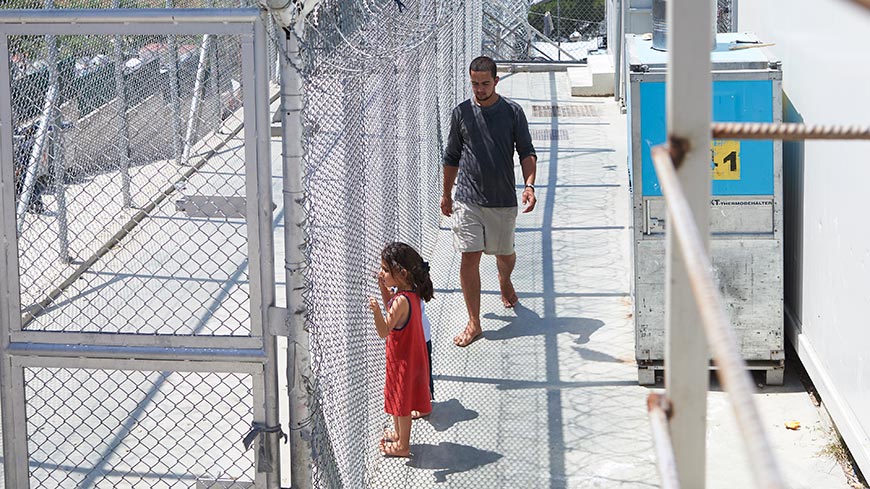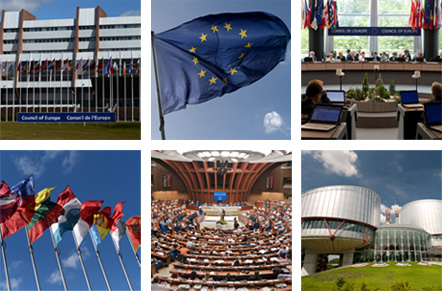A variety of concrete examples and practices of alternatives to the detention of migrants from different corners of Europe were presented to some 200 participants at an International conference on Effective Alternatives to the Detention of Migrants, organised jointly by the Council of Europe, the European Commission and the European Migration Network.
“Migrants continue to be detained in Council of Europe member states, at times arbitrarily and at times in appalling, unacceptable conditions. Detention of vulnerable persons, especially children, remains an issue of grave concern. We need to find ways to avoid unnecessary human suffering. The Council of Europe has developed guidance on the legal and practical aspects of alternatives to immigration detention. If applied effectively, these alternatives can present benefits for both individual migrants and member states,” said Christos Giakoumopoulos, Director General of Human Rights and Rule of Law of the Council of Europe.
Detention should be used as a measure of last resort in the context of migration and states should put in place alternatives to detention. It is in the interest of respective state authorities that migrants comply with procedures, cooperate and do not abscond. It is therefore crucial to fully understand what makes alternatives effective and what makes them fail.
One of the conclusions of the conference included the need for even greater cooperation at international level in the field, but also on a domestic level. If civil society and national human rights institutions connect constructively with authorities, and if local and national authorities build bridges in the field, then this helps forge results.
“Today’s conference is an excellent example of the close cooperation between the European Commission and the Council of Europe in the field of migration. The Commission strongly supports the development and promotion of effective alternatives to the detention of migrants, in particular in relation to children and other vulnerable persons. Improving the effectiveness and availability of alternatives is a key to their success and today’s deliberations will help move us closer to achieving this common objective,” said Simon Mordue, Deputy Director-General, Directorate-General for Migration and Home Affairs, European Commission.
The many aspects of alternatives to immigration detention discussed included inter alia, registration, case management or case worker support, regular reporting, designated residence and residential accommodation.
Among the key findings were that alternatives are in general under-used by European states and more awareness is needed in order to change that. States need support for a swift and fair resolution of cases, including dignified returns. With more knowledge and overall mapping, states will be better equipped to achieve success and prevent failure with a practical and pragmatic approach to realise effective alternatives to immigration detention.



